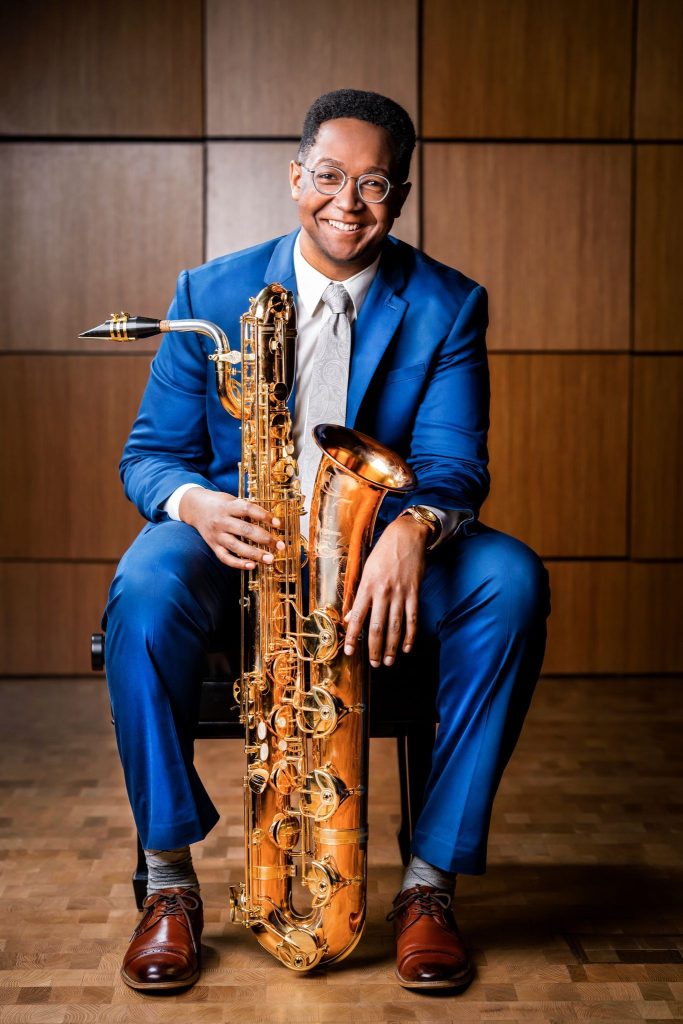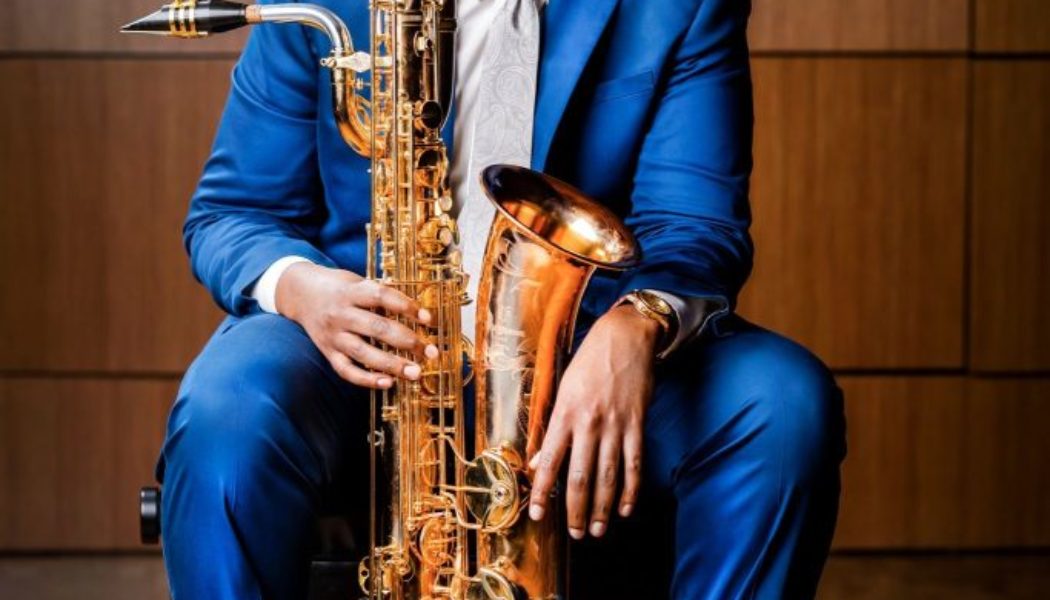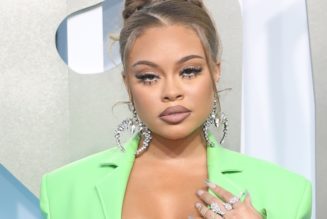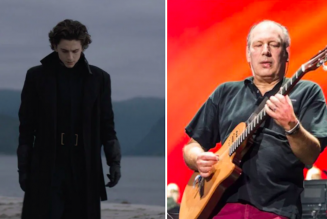
Courtesy photo
Musician and composer Steven Banks returns to Aspen this week to remind audiences to reconsider their understanding of classical music: who it’s by, who it’s for, and what stories can it tell.
As a performer, composer and advocate, he advances the boundaries of classical music and the saxophone, trumpeting seldom-heard sounds with complex histories.
“For me, I really think of the saxophone as a singer,” said Banks. “My favorite thing to do on the saxophone is sing, and I love playing melodic lines with a sound that people aren’t used to hearing come from the instrument.”
Banks takes the stage at the Benedict Music Tent on Friday at 5:30 p.m. as the featured soloist accompanied by the Chamber Symphony.
Building upon his success last year with the Aspen Music Festival and School, Banks will perform “Concerto for Alto Saxophone and Orchestra,” a commissioned saxophone concerto from four-time Grammy winner Billy Childs.
This performance fulfills a dream — delighting an Aspen audience with a piece written by a Black musician.
“I’m coming to Aspen performing a piece about the African-American experience by a Black composer. That’s what I’ve always wanted to do,” he said.
In the 20-minute, three-movement concerto in which he will play soprano and alto saxophone, Banks amplifies the African-American experience, bookended with pieces by — surprise! — Rossini and Mozart.
The programmatic piece chronicles the African-American experience through the lens of Billy Child, featuring a juxtaposition of better known composers who were white.
“It starts on the shores of Africa, with the first movement imagining before Africans would have even been brought to the Americas,” he said. “There are battle sections and a section where you can feel the ships as the orchestra is creating these waves emulating water.”
He said the narrative works its way from African shores to the Civil Rights era and into the future.
Early days with the saxophone
Born in North Carolina, Banks grew up with Black gospel and spiritual music, which is evident in his playing today. Motown also comes to mind for him as an influential genre, among others.
“I do draw upon those things in the way that there’s a certain directness of expression. You’re singing about things in your real life that actually matter to you,” he said. “That sense of importance or urgency ends up coming into my playing, and it’s a foundational aspect of my musicianship.”
Banks first played the saxophone in middle school after a brief stint with the clarinet. But in high school, he truly fell in love with the saxophone.
“The first time that I heard classical saxophone was when my teacher from the North Carolina School of the Arts, Mr. Taimur Sullivan, came to my high school in 10th grade and played for us as a recruiting trip,” he said. “I had never heard the saxophone sound like that.”
He became serious about classical saxophone during his junior year of high school, when he started at the North Carolina School of the Arts.
Since making the transition from student — a degree in saxophone performance with a minor in jazz studies from the Indiana University Jacobs School of Music to Northwestern University Bienen School of Music for a Master of Music degree — to professional musician, he has emerged on the scene as a soloist and chamber musician.
Banks first realized the importance of widening the scope of recognizing African-Americans contributions to the classical music realm while a graduate student at Northwestern.
Noticing a lack of Black faculty, conductors and board members led to a eureka moment for him.
“As soon as I realized it, I realized that that was what I needed to be doing with my whole career,” he said.
He now advocates for the inclusion of diverse voices in the classical music world, including commissioned performance and classroom education. The ways in which he intertwines advocacy and teaching in his work may be the least-known part of his repertoire.
“A lot of the time when you’re rehearsing for a performance, it feels like teaching in some ways because you’re sharing your ideas, and other people are sharing them with you,” he said. “When you’re composing, you’re thinking creatively and developing a better relationship with music itself and what it means to create something from nothing. Then when you use that skill, you become a better performer.”
Next season, he’ll check off another item on his bucket list: performing with the Boston Symphony.
For now he is happy “doing the storytelling that needs to be done, and I’m hoping to continue doing that for the rest of my life.”
That’s exactly what he’ll do with his performance this Friday at this summer’s season at the music festival.









